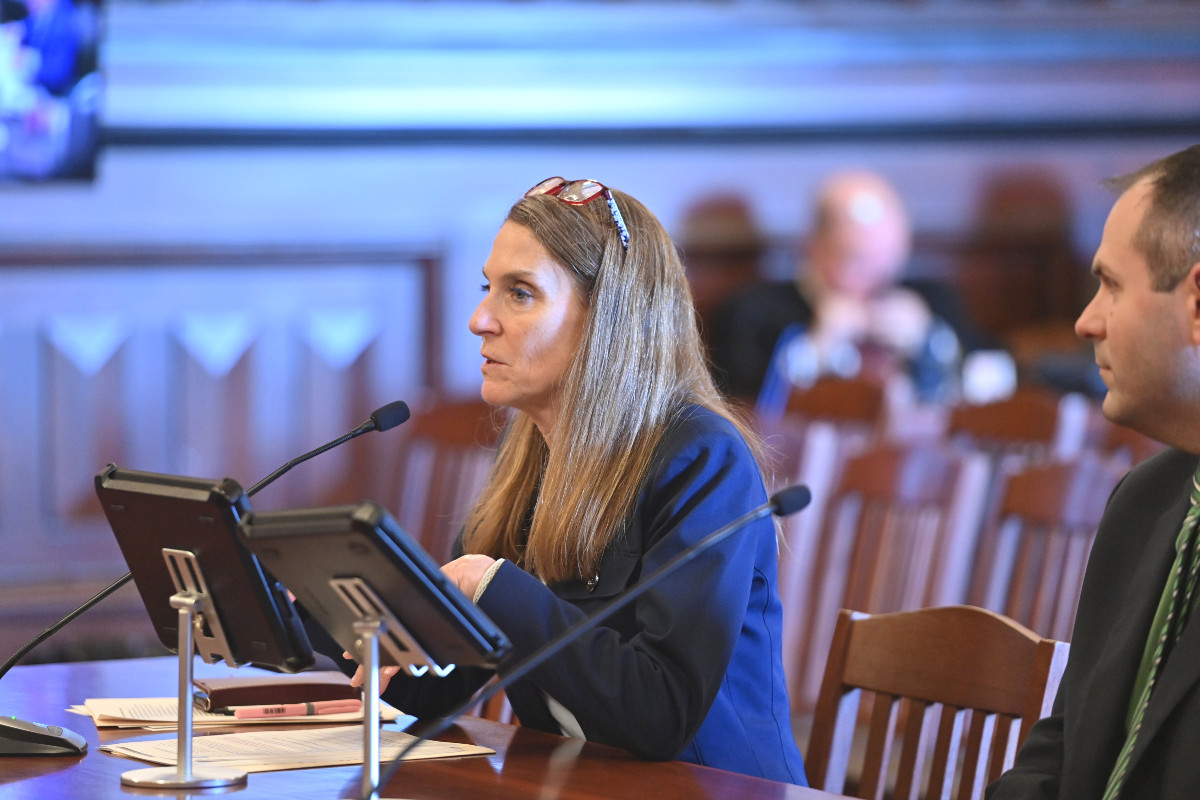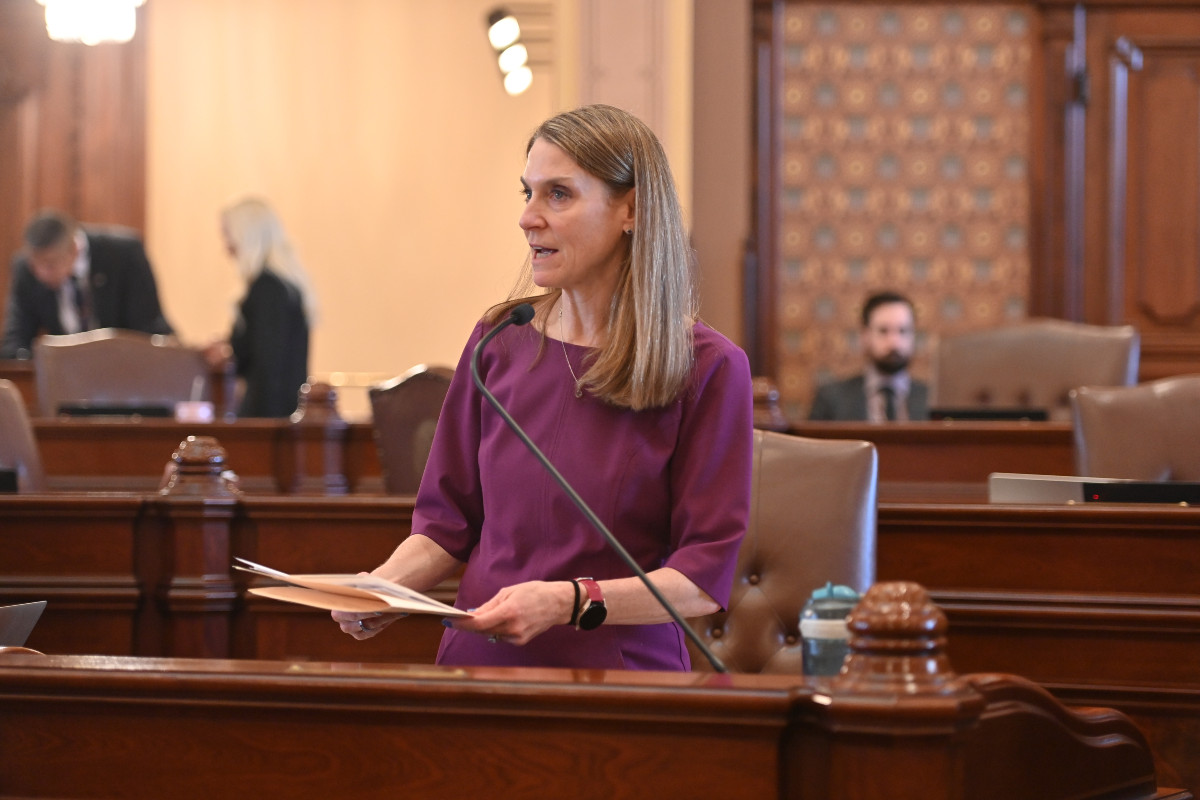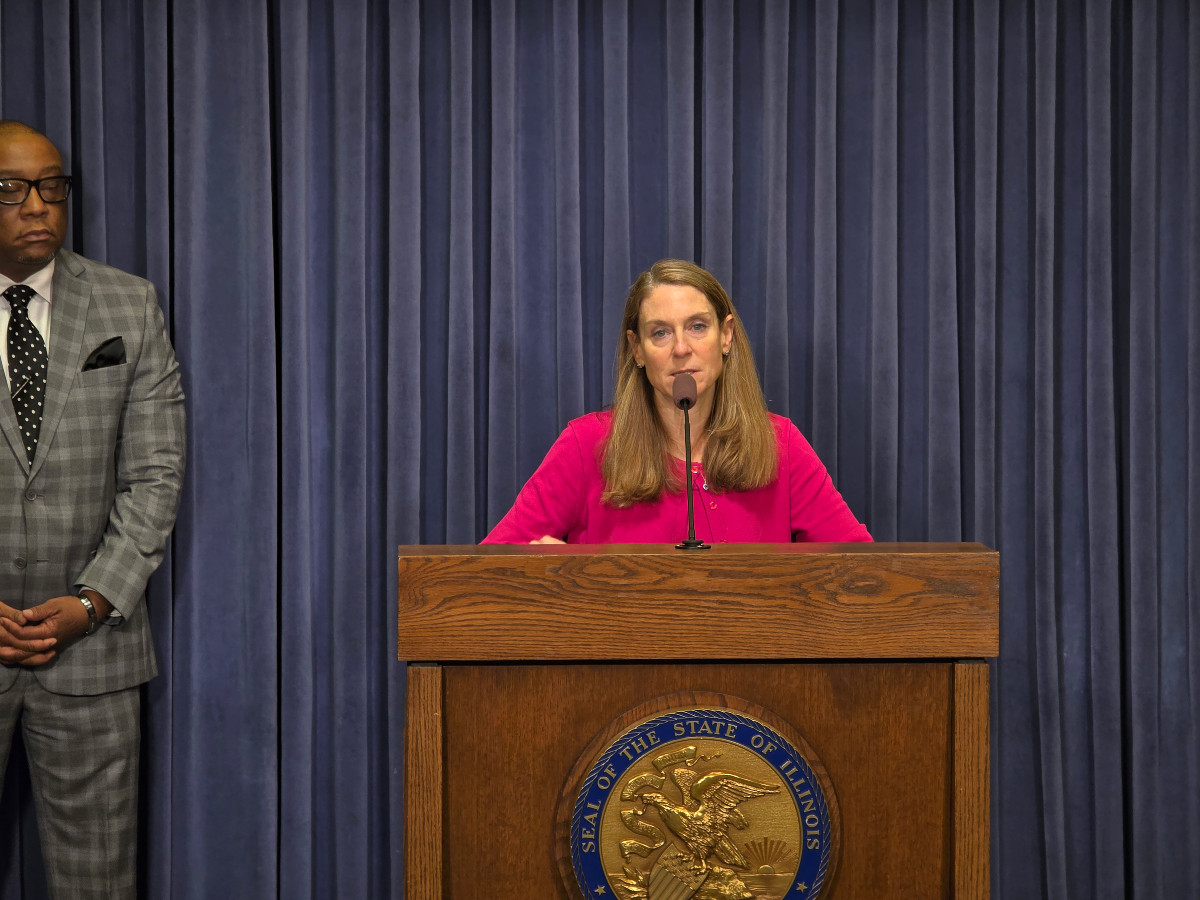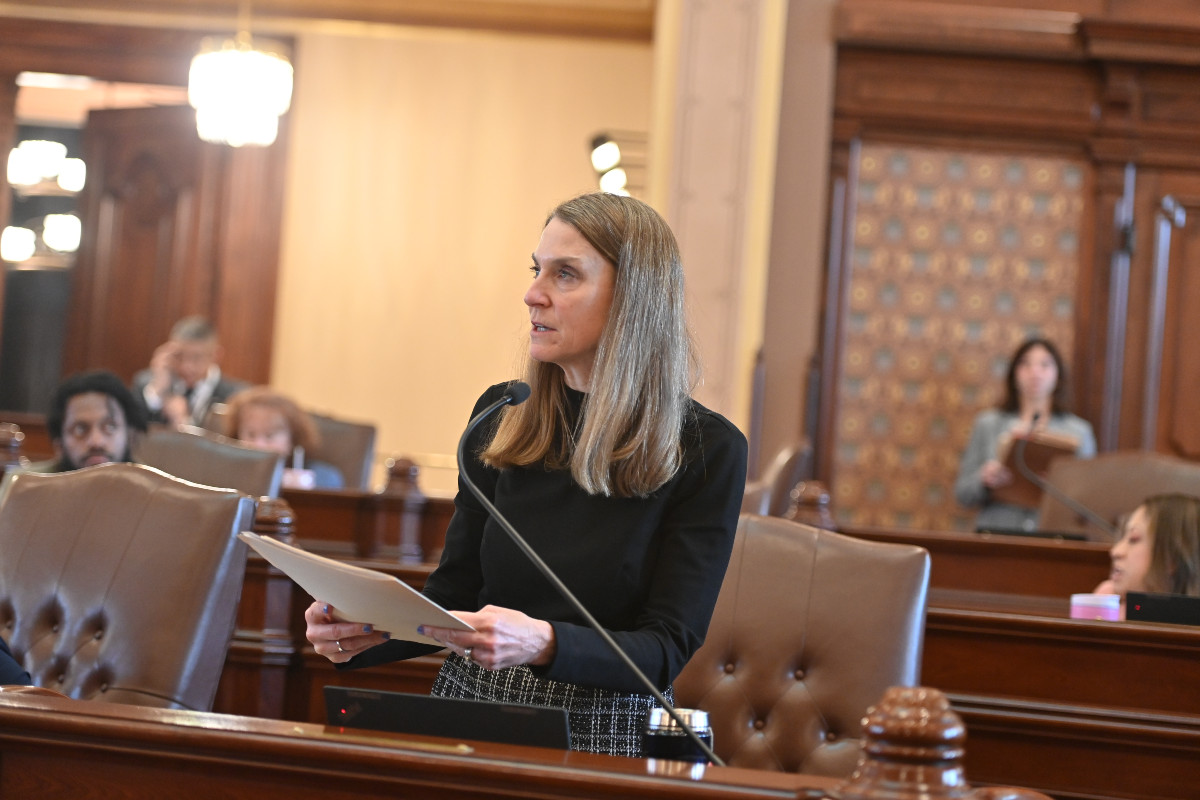- Details
- Category: Press Releases
 SPRINGFIELD – A career-long advocate for people struggling with substance use and mental health challenges, State Senator Laura Fine is leading a measure to strengthen reporting standards for opioid overdoses and protect patient confidentiality.
SPRINGFIELD – A career-long advocate for people struggling with substance use and mental health challenges, State Senator Laura Fine is leading a measure to strengthen reporting standards for opioid overdoses and protect patient confidentiality.
“Local health departments in the Chicago area benefit from gathering data on overdoses in their community,” said Fine (D-Glenview). “But opioid-related overdose can impact any community, and all public health departments need access to vital overdose data in order to ensure emergency services are able to respond as quickly and efficiently as possible.”
Currently, Illinois law only requires Chicago EMS providers to report overdose information using the Overdose Detection Mapping Application Program (ODMAP) tool. This free web-based tool provides the most up-to-date suspected overdose surveillance data to support public safety and health efforts.
Read more: Fine works to help public health agencies respond to overdoses
- Details
- Category: Press Releases
 SPRINGFIELD – To further mitigate the harmful environmental impact and potential health risks from disposable food packaging, State Senator Laura Fine is leading a measure to prohibit the sale or distribution of food containers containing polystyrene foam, commonly known as Styrofoam.
SPRINGFIELD – To further mitigate the harmful environmental impact and potential health risks from disposable food packaging, State Senator Laura Fine is leading a measure to prohibit the sale or distribution of food containers containing polystyrene foam, commonly known as Styrofoam.
“When you take food to go, you may dispose of the containers in several minutes. However, if the disposable container is made of polystyrene, it can remain in our environment for many years. Styrene food packaging contains harmful chemicals that can leach into food, especially if the food is hot or acidic," said Fine (D-Glenview). "Polystyrene food containers do not break down naturally in the environment, and pieces of these containers are often found in our waterways and aquatic life.”
In 2023, Fine passed the Degradable Plastic Act to ban state agencies and universities from purchasing or using polystyrene by Jan. 1, 2025. Building on these efforts, Senate Bill 1531 would prohibit the sale or distribution of polystyrene foam food containers across Illinois starting Jan. 1, 2030.
- Details
- Category: Press Releases
 SPRINGFIELD – To implement safeguards preventing toxic heavy metal exposure for young children, State Senator Laura Fine outlined legislation at a press conference on Friday that would inform parents about any harmful toxins in baby food.
SPRINGFIELD – To implement safeguards preventing toxic heavy metal exposure for young children, State Senator Laura Fine outlined legislation at a press conference on Friday that would inform parents about any harmful toxins in baby food.
“When parents think they’re feeding their child nutritious baby food, and learn they might be potentially putting their child at risk, it is horrifying,” said Fine (D-Glenview). “It is important that parents have access to information about the contents of the baby food they’re purchasing, and this measure ensures transparency between manufacturers and consumers.”
Senate Bill 73 would require manufacturers to test samples of their baby food products for toxic elements – such as arsenic, cadmium, lead and mercury – and disclose this information directly on the product’s website.
Read more: Fine outlines plan to test baby food for toxic heavy metals
- Details
- Category: Press Releases
 SPRINGFIELD – Legislation by State Senator Laura Fine to improve health insurance plan transparency for consumers passed out of the Senate today. The bill ensures consumers receive important information about changes to their insurance plans.
SPRINGFIELD – Legislation by State Senator Laura Fine to improve health insurance plan transparency for consumers passed out of the Senate today. The bill ensures consumers receive important information about changes to their insurance plans.
“Providing consumers with information about legislative changes to their health care plans can make a difference in their medical and financial planning,” said Fine (D-Glenview). “Enrollees must have access to this essential information to ensure their medical needs are covered.”
Currently, health insurance providers are required to provide enrollees with a list of in-network providers and a description of their coverage annually upon request. Senate Bill 1346 would expand the list of required information to include any newly enacted state coverage mandates. The Illinois Department of Insurance would be required to post an annual report on its website with this information.
Read more: Senator Fine bill to expand transparency for health insurance plans passes the Senate
More Articles …
Page 8 of 77







